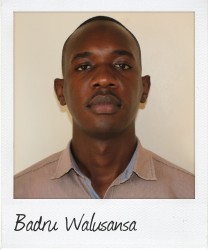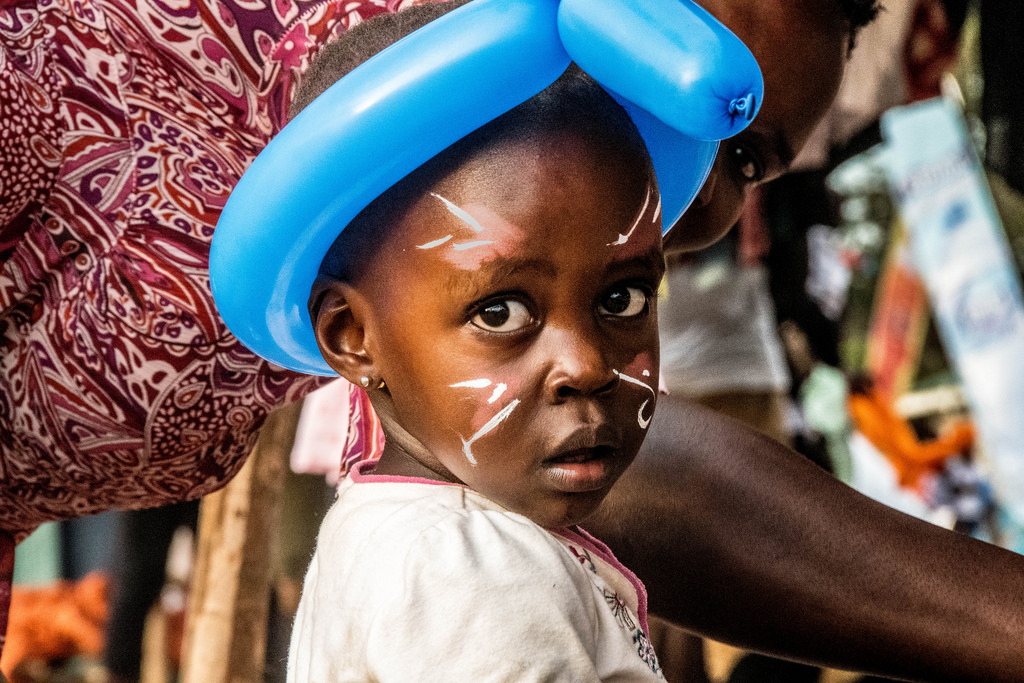“National values: key to achieving Vision 2040”
February 27th, 2017 Uganda has a plan to transform its economy, but Badru Walusansa, 25, a Commonwealth Correspondent from Kampala in Uganda, argues the key to turning the plan into reality is to identify and foster positive national values.
Uganda has a plan to transform its economy, but Badru Walusansa, 25, a Commonwealth Correspondent from Kampala in Uganda, argues the key to turning the plan into reality is to identify and foster positive national values.
We have moved four years into the implementation of Uganda’s Vision 2040, the country’s development plan, which seeks to transform the country’s economy from a lower to middle-income status.
Whereas the government’s blueprint aspires to develop and nurture a national value system to change citizens’ mindsets, promote patriotism, enhance national identity and nurture a conducive ideological orientation, efforts to embrace a national value system remain elusive.
A country’s national value is a representation of the paramount values upheld throughout the common cultural experience of the nation. Ideally, as Ugandans, our national values should be what distinguishes us from other countries.
The values should not be limited to administrative performance, but cultured into every citizen. They should define us on grounds of behaviour, morals, belief, conduct, attitude, and capacity to deliver output in areas of work, among others.
To my surprise, whenever I challenge colleagues who travel frequently out of the country to tell me what Uganda is known for, the responses are similar; brutality of former president Idi Amin or laziness. Although the latter is merely a simplistic reduction or perception, there are other prejudicial values used against Ugandans, such as claims that “it takes three Ugandans to perform the work done by one Kenyan”.
A few years ago, President Museveni rolled out patriotism campaigns with the intent to make citizens aware of their national value system and responsibility towards national development.
Several critics de-campaigned the President’s initiative, arguing that patriotism is a doctrine that resides in citizens at free will and not merely injected into them.
Those who attended the Kyankwanzi Training Institute before took pride in being taught the country’s value system. However, the training institute today is largely associated with the ruling party (NRM), hence denting the structural program taught there.
We therefore need to go back to the drawing board and identify what our national values are, and recognise the role played by different actors such as family and learning centres in ensuring an effective national value system. That way, the values can be the means through which we foster national unity and facilitate shared growth and development.
Through the Directorate of Ethics and Integrity, the state should embed national values in development frameworks so that such values are reflected in the business of both public and private bodies.
By putting national values first, our attitude towards work will change, we are likely to become more disciplined in how we take public office, observe rule of law, peace, tolerance, and achieve some level of meritocracy as opposed to sectarianism.
Many have called us a hospitable and welcoming nation; we still can do better.
badruwalu@gmail.com
photo credit: Roberto Maldeno Northern Uganda via photopin (license)
………………………………………………………………………………………………………………
About me: I am a coordinator for Hands Against Poverty-Uganda, an initiative I support as I aspire to influence more youths in Uganda to directly engage in poverty reduction programmes. I am active in human rights advocacy and elections management, after having been a voter educator at the Citizens Election Observers Network-Uganda.
I have a passion for writing and have authored several articles on different topics in the Weekly Observer newspaper, and contribute articles for the Foundation for Human Rights Initiative’s website.
…………………………………………………………………………………………………………………
Opinions expressed in this article are those of the author and do not necessarily represent the views of the Commonwealth Youth Programme. Articles are published in a spirit of dialogue, respect and understanding. If you disagree, why not submit a response?
To learn more about becoming a Commonwealth Correspondent please visit: http://www.yourcommonwealth.org/submit-articles/
………………………………………………………………………………………………………………






